Buddha, while synthesizing the competing religious ideologies of brahmanism and sramanism, envisioned such a religious goal which, both at the theoretical and practical levels, would follow the Middle Way, and in terms of which would be abandoned both philosophical and religious extremism. Thus, the Middle Way of the Buddha would avoid such philosophical and ethical extremism as is enshrined by such concepts as, for example, eternalism and nihilism, hedonism and asceticism. The purpose of this doctrine of the Middle Way was not to succumb to any extreme viewpoint. Whether philosophical or ethical. Even though Buddha may have claimed that he had established no school of thought, it cannot, however, be denied that he expressed certain philosophical views which, with the passage of time, attained such complexity as would give rise to both critical philosophy and to idealism.
Upon passing away of the Buddha, Buddhist thinkers, initially, interpreted the soteriological message in realistic terms, which, however, became quite complex with the emergence of Sarvastivada and Sautrantika schools of thought. The philosophical realism of early Buddhism was abandoned, upon the emergence of Mahayana, in favour of critical philosophy of Nagarjuna and idealistic philosophy of Asanga-Vasubandhu.
These and such-like questions had to be faced by the Buddhist thinkers-and the present study of these issues has been dealt with both at ontological and epistemological levels. Thus, the present study addresses itself to these questions in a manner as would lead to proper appreciation of Buddhist philosophical thought.

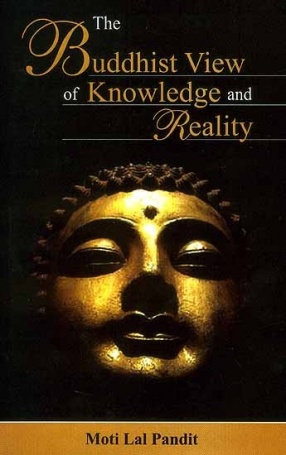
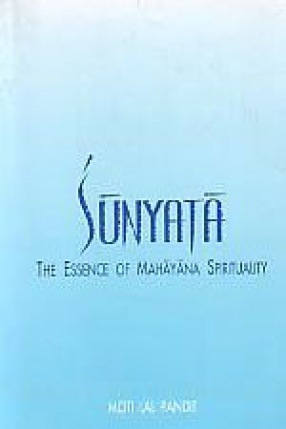
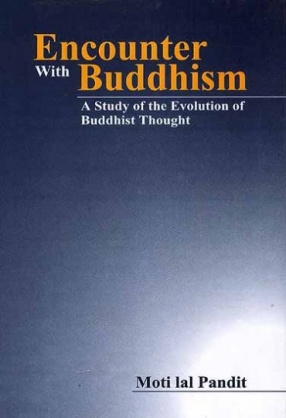
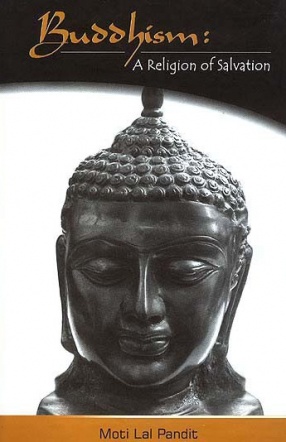


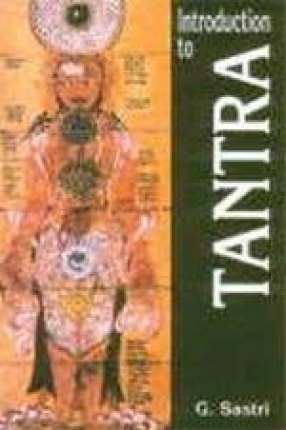
There are no reviews yet.